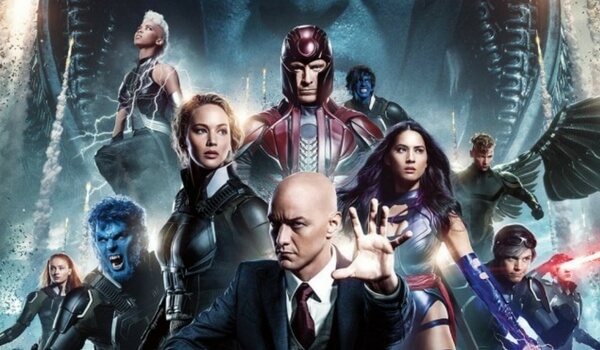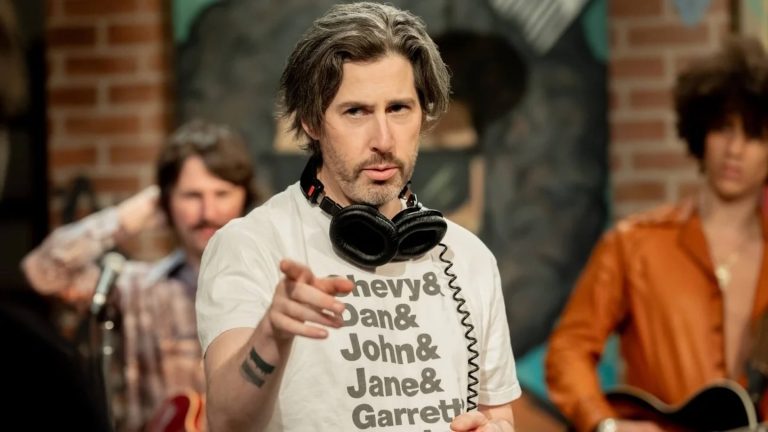
Looking for inspiration for your next character? Look no further than Xavier's School For Gifted Youngsters.
One of the basic elements of storytelling is that your protagonist wants something. Most of the time, you'll see a character in screenplays with a very simple want like money, love, or freedom. Other stories, however... call for something a little more ambitious. Superheroes are especially difficult, since they often have to be selfless. Superheroes frequently want redemption or justice... though occasionally you'll see a sprinkle of righteous revenge in there. The X-Men, on the other hand, are after something far more complex:
Acceptance.

Mutants are different, and anything different tends to be looked at with negative feelings... which is the bread and butter of the X-universe. It's no secret that the X-Men were inspired by the Civil Rights Movement of the 1960s, with Professor Xavier and Magneto based off Martin Luther King Jr. and Malcolm X respectively. As mutants, the X-Men live in a world that views them with fear and mistrust. Parties on both sides of the mutant issue have their own views on the subject, which range from optimistic (Xavier) to downright genocidal (Apocalypse).
>> Related: 5 Ingredients for Great Characters that You're Not Using (Yet)
Exploring the means to achieve the X-Men's ambitious goal has given writers a wealth of material to work with, ranging from political drama to time travel. After all, the X-Men have worked to battle bigotry, racism, and intolerance from humans and mutants alike, and for more than fifty years, hundreds of comics issues, and soon to be seven movies... they're still fighting the good fight. And audiences love them for it.
Of course, the cool powers and characters don't hurt either.

But the thing is, there will always be battles for the X-Men to fight. As we've seen over the course of seven films, intolerance, in one form or another, will always exist in their world just as it always will in ours. Their work will never be over. But the fact they keep working for it despite the setbacks is what makes them such endearing heroes.
We love them because they'll never get what they want, but they'll never stop trying to get it.
In many ways, that makes them perfect protagonists. It means there's a nearly inexhaustible supply of stories to tell about them, but it also elevates their status as underdogs. Many great stories feature characters who can never truly achieve their goals, which is why the ongoing quest for redemption has become so popular in fiction. Tony Stark, for example, is constantly trying redeem himself for his past misdeeds and decades of stories haven't made him feel any different. Batman wants to rid Gotham City of crime... but we all know how that quest is going.
>> Related: 4 Ways to Create a Character Actors Want to Play
That's not to say there aren't a ton of excellent movies out there featuring protagonists who achieve their goals. However, for those of you writing pilots or features with franchise potential... consider making your character's needs seem unachievable. After all, drama is at its highest when it seems like the odds against them are at their most insurmountable... and it gives you the maximum potential for an ongoing story. Audiences love an underdog... so give them one for the ages.
This article was written by Ashley Scott Meyers who is a screenwriter and podcaster over at SellingYourScreenplay.com. He has sold and optioned dozens of scripts over the last two decades. Through SYS he runs a screenplay analysis service, provides paid job leads to screenwriters, and helps screenwriters connect with producers who are looking for material.
Get Our Screenwriting Newsletter!
Get weekly writing inspiration delivered to your inbox - including industry news, popular articles, and more!


























